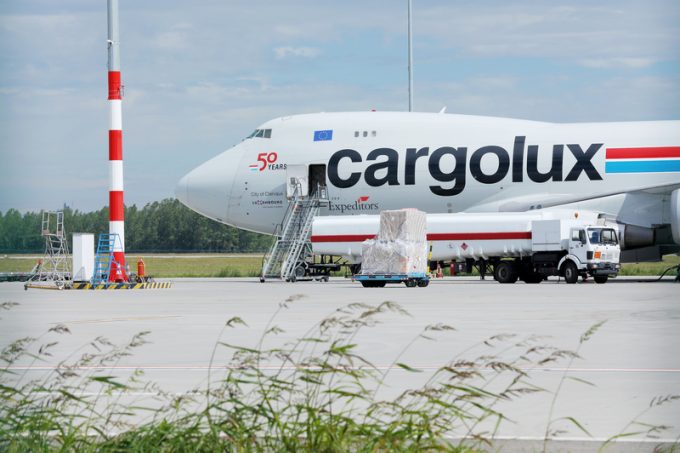Air cargo players still wary of long-term block space deals – 'a risk on both sides'
Airlines have reported increased demand for security in a blocked space agreement, expecting a rate ...

Cargolux is on the prowl for another 747 freighter, much like rival National.
The freighter operator’s new Boeing 777F fleet won’t begin to deliver, at best, until the end of 2027 (fingers crossed), but chief executive Richard Forson – normally cautious when it comes to capacity ...

Comment on this article
mike schmit
July 24, 2024 at 12:01 pmWith a 30-strong fleet, Cargolux could have gone with the A350F to replace the 747-400F. It would be available a bunch of years earlier than the 777-8F. and i’m convinced it will prove to be a fantastic freighter.